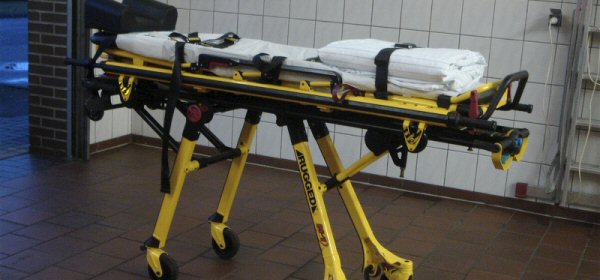Cat McClintock contributes to the Creo and Mathcad blogs for PTC. She has been a writer and editor for 15+ years, working for CAD, PDM, ERP, and CRM software companies. Prior to that, she edited science journals for an academic publisher and aligned optical assemblies for a medical device manufacturer. She holds degrees in Technical Journalism, Classics, and Electro-Optics. She loves talking to PTC customers and learning about the interesting work they're doing and the innovative ways they use the software.
[A couple years ago, the PTC Academic Program asked some of our most esteemed customers to reflect on the “skills gap” in engineering. We wanted to know what was missing when fresh graduates showed up on the company’s doorstep. What more could universities be doing to prepare the next generation of product developers? Many of the answers we received are still as relevant today as they were back then. With school starting up again, it's a good time to revisit these now-classic posts as you choose your courses and extracurricular projects for the year. ]
Ask five different employers what they want from their recent mechanical engineering college graduates, and you might get five different answers. It all depends on the company and who’s doing the hiring.
Recently, we posted a conversation with a technology director at Whirlpool who told us he wants to see more systems and analysis skills. This week, we revisit a conversation with the team at Stryker Corporation, a company that makes medical devices.

Stryker stretcher by Fadi, via Wikimedia Commons
Hillary Davis and Stephanie Trevino said that that they look for candidates with a history of teamwork, a foreign language, good communication skills, and an understanding of business—on top of a basic engineering education.
More teamwork
“One shortcoming I see in a lot of incoming graduates is too much focus on working in their own silo. Mechanical engineers should have experience working with electrical engineers and software engineers, because in the professional world, you’ll have to work together,” says Davis, senior university recruiter.
How does one get that kind of experience at college? Davis says usually through internships or integrated projects on campus (like SAE competitions).
A foreign language
As an international company, Stryker also likes multilingual engineers. However, Davis says her company is so spread out, there’s not one particular language that is more valuable than any other.

Compared to the modern Stryker cot above, this stretcher from Australia helps illustrate thow far mechanical engineering has moved forward modern medical equipment. Image via Wikimedia Commons.
Strong communication skills
Davis and Stephanie Trevino, operations manager, both stress the importance of good technical writing skills as well. For Trevino, a good engineer needs to sell ideas. That’s why she prefers job candidates who can, for example, write a clear ECO or pitch a new project.
Business skills
For the same reason, Trevino wants engineers who understand the business side of their work. That is, they should understand ROI, balance sheets, and general accounting. A background in statistics is helpful too.
“So much of what we do is prove that our changes, decisions, and ideas are valid,” says Trevino. “As engineers, we have to prove our design solutions are also business solutions.”
Tools and engineering skills
Of course, Stryker expects its engineers to bring CAD and a general understanding of PLM or ERP systems to the table. And they are eager to talk to those who are passionate about process quality, test systems, approval, and validation.
If you’re just starting your career or education in mechanical engineering, you’ll want to hear the full recorded conversation: https://communities.ptc.com/videos/4132Get Designing
If you're not yet using Creo as your 3D design projects, you can download the student version free. Not a student? There's also a free trial version, available to anybody who wants to get started with developing designs on the same software used at top companies around the world.
